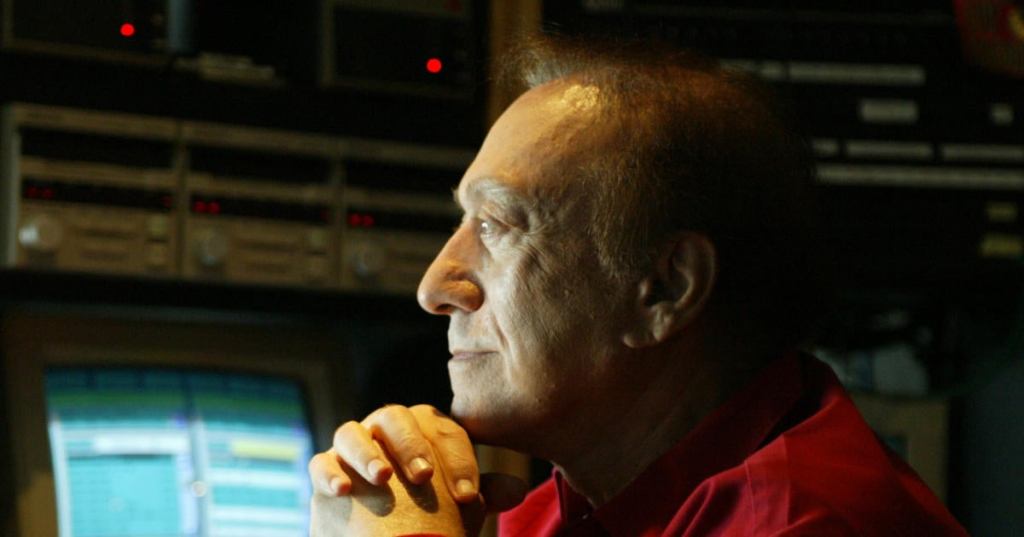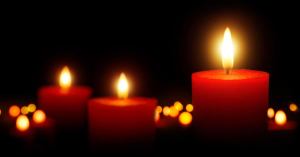Art Laboe, the pioneering DJ known for playing those “oldies but goodies” and credited with helping end segregation in southern California, has died. Laboe passed away surrounded by family at his home in Palm Springs on Friday, Oct. 9 after catching pneumonia, a post shared to his official Twitter account confirmed. He was 97. His final show was produced last week and broadcast Sunday night.
Born Art Egnoian in Salt Lake City, Utah in August 1925, Laboe’s interest in radio began when he was just 8 when his sister sent him his first radio, with Laboe later stating, per the Associated Press, “And I haven’t let go since.” The legendary radio personality would go on to move to California, where he attended Stanford University. After serving in the Navy during World War II, he brought his voice to radio for the first time in 1955 when he landed a job as a radio announcer at KSAN in San Francisco. It was at this time that he adopted the name Art Laboe after a boss suggested he take the last name of a secretary to sound more American. By 1956, Laboe had an afternoon show and became the city’s top radio program.
Videos by PopCulture.com
Laboe later returned to southern California, and after being told by a radio station owner that he should work on becoming a “radio personality” rather than an announcer, he worked as a DJ for KXLA in Los Angeles while also doing live remote shows from midnight till 4 a.m. at a local drive-in restaurant. He later moved the KPOP show to after-school hours, with teens soon identifying Laboe’s voice with the rock-n-roll scene. Per the AP, “cars jammed Sunset Boulevard where Laboe broadcast his show, and advertisers jumped to get a piece of the action,” and when Elvis Presley came to Hollywood, Laboe was one of the few to get an interview with the star.
The famed radio personality is credited with coining the phrase “oldies, but goodies,” and in 1957, he started Original Sound Record, Inc. In 1958, he released the compilation album “Oldies But Goodies: Vol. 1,” which stayed on the Billboard’s Top 100 chart for 183 weeks. In 1994, his popular Sunday Night Killer Oldies Show went into successful national syndication. Laboe is also credited by some for helping to end segregation in southern California. The personality organized live DJ shows at drive-in eateries that attracted white, Black, and Latino listeners who danced to rock ‘n’ roll.
Laboe has a star on the Hollywood Walk of Fame, and the Rock and Roll Hall of Fame in Cleveland maintains a permanent Laboe display. His final syndicated radio show was produced last week, and aired Sunday night.









